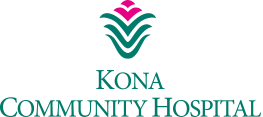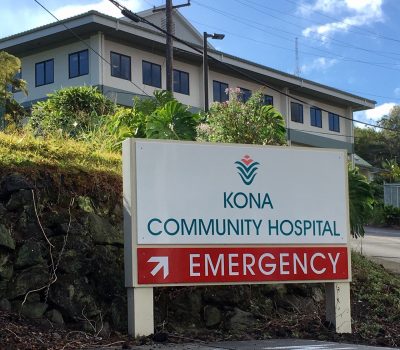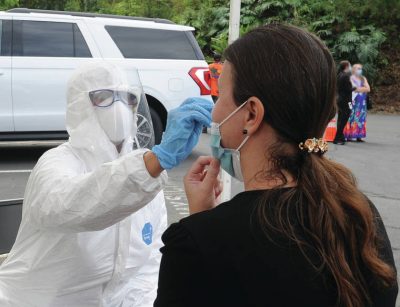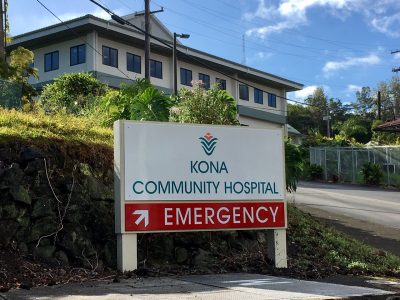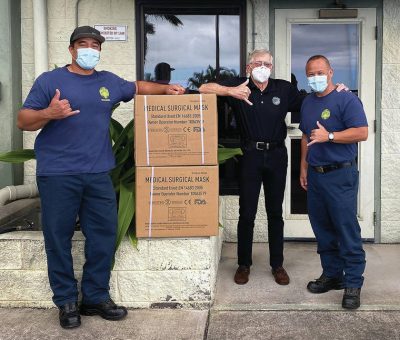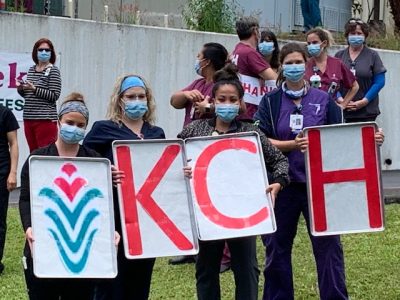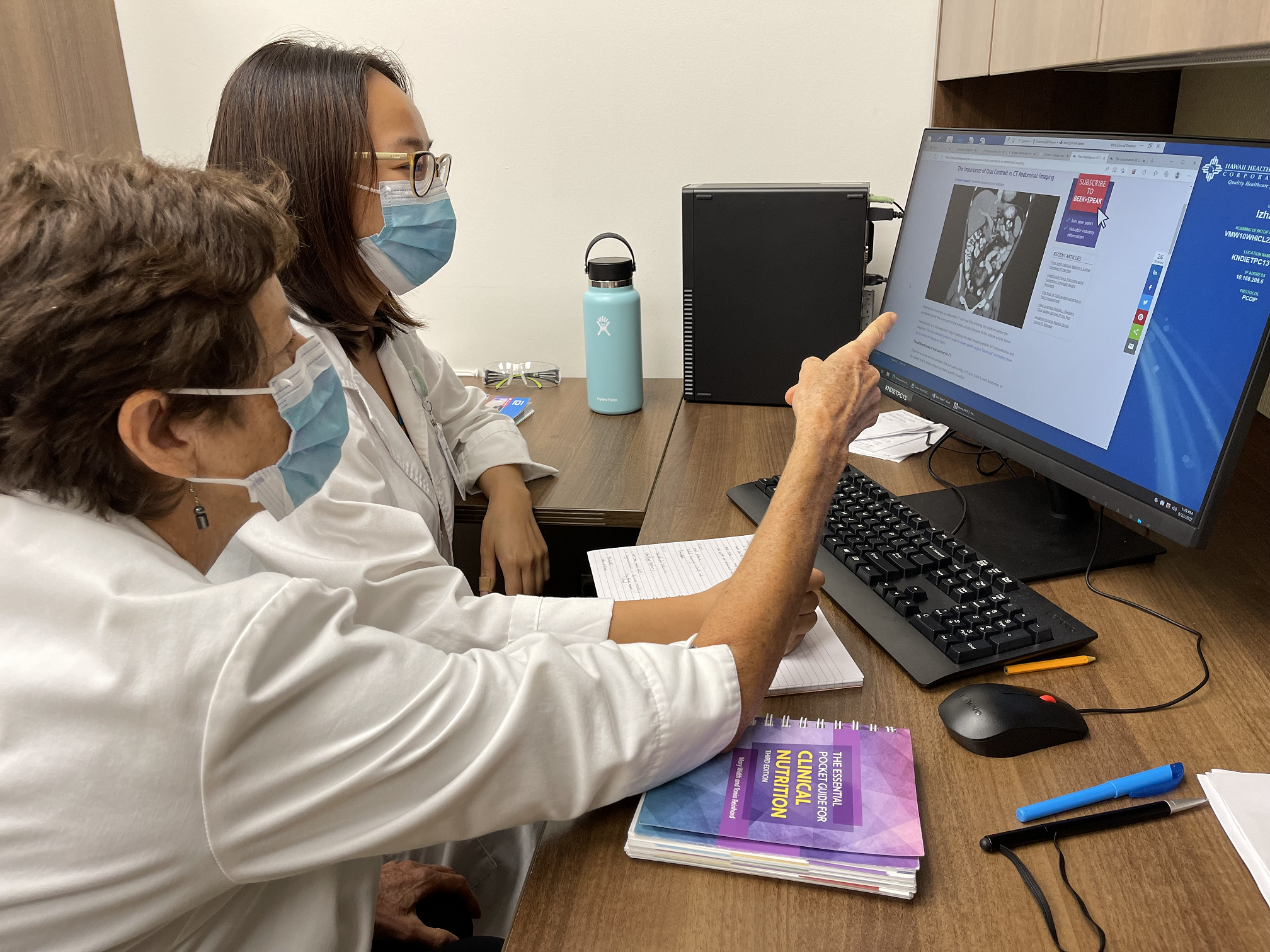
September 19-23, 2022, Is Malnutrition Awareness Week: Do You Know the Signs of Malnutrition?
From September 19-23, 2022, Kona Community Hospital is taking part in Malnutrition Awareness WeekTM, an international effort to increase the awareness, diagnosis, and treatment of malnutrition in patients.
Malnutrition Awareness Week is an annual, multi-organizational campaign created by the American Society for Parenteral and Enteral Nutrition (ASPEN) to focus on nutrition as a patient right and nutrition’s vital role in health and recovery.
Kona Community Hospital’s Registered Dietitian Nutritionists (RDN) will be participating in events throughout the week to reinforce the significance of nutrition in medical treatment and educate patients and community members on the importance of discussing their nutrition status with their healthcare professionals.
Malnutrition, when unrecognized and untreated, results in longer hospital stays for patients, twice the need for rehab or long-term care, and a 3.4 times higher rate of hospital deaths. In addition to its human toll, malnutrition raises hospital costs by 73% and can cost an additional $10,000 in hospital readmission stays.1
While older adults are particularly susceptible to malnutrition, others at risk include people with infections; those with long-term health conditions including kidney disease, diabetes, and lung disease; and people with cancer, dementia, and other chronic conditions.2
It is important to know the signs and symptoms of malnutrition. If you or your loved one is experiencing any of these, talk to your healthcare provider:
- Unplanned weight loss
- Loss of appetite
- Not able to eat or only able to eat small amounts
- Feeling weak or tired
- Swelling or fluid accumulation
Our staff will also be taking part in additional educational programs offered by ASPEN to increase their understanding of how to recognize and treat malnutrition.
For more resources on nutrition, visit www.nutritioncare/KnowTheSigns.
References:
- Guenter P, Abdelhadi R, Anthony P, et al. Malnutrition diagnoses and associated outcomes in hospitalized patients: United States, 2018. Nutr Clin Pract. 2021 Oct;36(5):957-969.
- Tappenden KA, Quatrara B, Parkhurst ML, et al. Critical role of nutrition in improving quality of care: an interdisciplinary call to action to address adult hospital malnutrition. JPEN J Parenter Enteral Nutr. 2013;37(4):482-497.
About Malnutrition Awareness Week
Now in its 10th year, Malnutrition Awareness Week is an annual, multi-organizational campaign created by the American Society for Parenteral and Enteral Nutrition (ASPEN) to spotlight nutrition’s vital role in health and recovery, reinforce for healthcare professionals the impact nutrition has in medical treatment, and educate the public on the importance of discussing their nutrition status with their healthcare providers. For more information, visit www.nutritioncare.org/MAW.
About ASPEN
The American Society for Parenteral and Enteral Nutrition (ASPEN) is dedicated to improving patient care by advancing the science and practice of nutrition support therapy and metabolism. Founded in 1976, ASPEN is an interdisciplinary organization whose members are involved in the provision of clinical nutrition therapies, including parenteral and enteral nutrition. With members from around the world, ASPEN is a community of dietitians, nurses, nurse practitioners, pharmacists, physicians, scientists, students, and other health professionals from every facet of nutrition support clinical practice, research, and education. For more information about ASPEN, please visit www.nutritioncare.org.
